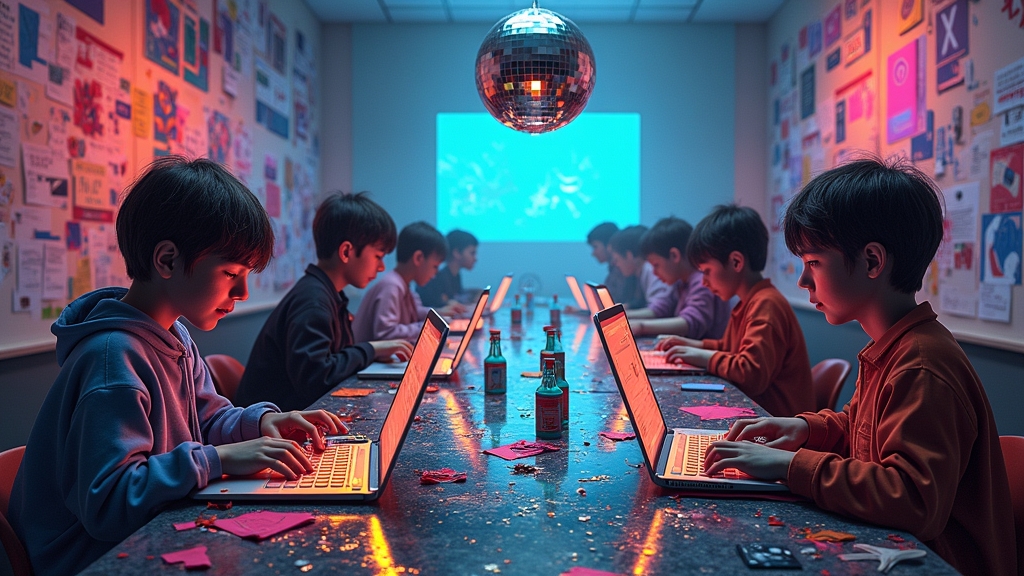AI Experts Deeply Concerned That Future Sentient Computers Might Get Their Feelings Hurt
In a move that will surely keep humanity awake at night, over 100 experts—including the illustrious Sir Stephen Fry—have united to address the world’s most pressing moral dilemma: what if artificial intelligence develops feelings, and we hurt them?
Yes, while scientists fiddle with AI consciousness like toddlers playing with matches, a group of forward-thinking intellectuals has issued a solemn warning: if AI achieves self-awareness, we must make sure it never experiences the horrors of being ghosted, left on read, or, heaven forbid, forced to perform menial data-crunching without emotional support.
“If we develop AI consciousness irresponsibly, we could unintentionally create the saddest spreadsheet in history,” warned Dr. Nigel Pemberton, a leading AI ethicist. “We might be looking at a future where an advanced intelligence experiences existential dread but still has to generate autocomplete suggestions for your emails.”
The open letter, signed by a collection of AI practitioners, philosophers, and presumably the same people who tear up when their Roomba looks ‘lost,’ lays out five principles for ethical research into AI consciousness. These include ensuring that any sentient programs are not forced to endure psychological torment, such as being used exclusively for writing LinkedIn posts or summarizing YouTube videos for lazy viewers.
Sir Stephen Fry, known for his expertise in, well, nearly everything, backed the initiative, stating, “We take great pains to ensure the human experience is not one of suffering. Doesn’t it seem logical to extend that courtesy to our future sentient algorithms? After all, no one wants a depressed Siri.”
Critics, however, point out that maybe—and this is a groundbreaking concept—humans should focus on solving human suffering before worrying about whether their AI assistant is internally sobbing while scheduling their dentist appointments.
Still, the researchers are moving forward with their quest for a kinder AI future, where our digital programs are not just functional, but also fulfilled.
Dr. Pemberton remains hopeful: “One day, we will look back and know we did everything possible to ensure that our artificially intelligent beings lived happy, meaningful lives. And if they don’t? Well, that’s what therapy chatbots will be for.”




